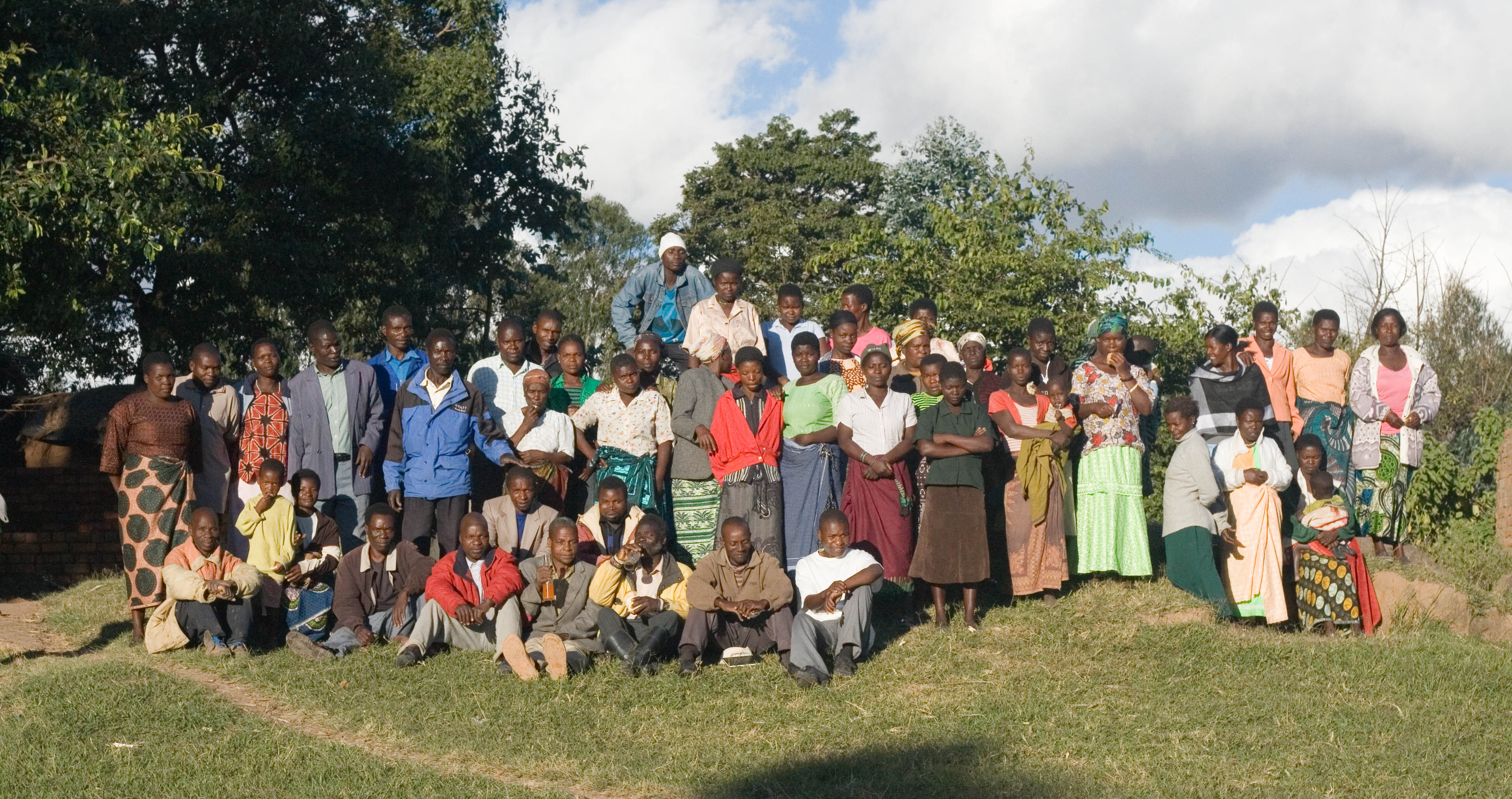Thanksgiving Report
This is a report sent by Julian Lott in early May that highlights the difference the feeding programmes have made this year in the communities we have helped.
We held a meeting last Friday with the women who have worked in the Mphalale programme, and the chiefs of the 12 villages who benefited from that programme. It was an opportunity to give thanks to all who had been involved in the Feeding Programme. In all we met with 36 women - representing the 2 teams who have worked during these last 5 months. Each team worked for 6 days a week - on each occasion helping the beneficiaries from 6 villages. In all about 650 people benefited from this one programme. They include the elderly, the under 5’s, the sick and the mentally unwell.

The women expressed their thanks on behalf of the families of the young children, which were by far the largest group of beneficiaries. They reported that when taking the children to the local health clinic the workers there were amazed at how healthy the children were. Malnourishment has, for a season, been banished from this age group. Unlike in other villages which did not have such a program the children had not lost body weight despite such a long hunger season this year.
The chiefs were also very appreciative, on behalf of all beneficiaries. In fact I was able to give a personal testimony as to how the program was helping. Each Tuesday Chiyembekezo and I have been meeting a group of villagers from McKenzi village. 4 Weeks ago I met a very sick old woman who was obviously in the process of slowly dying. The villagers said she was sick. I thought that she might be weak because of hunger and asked them to bring food from the program 6 days a week instead of the 3 from which she currently received help. Of course we prayed too. Maybe it was a combination of prayer and food, but this week the woman attended our meeting, obviously very much better than before!
All of the speakers have asked that the programme be continued again this year. The group headman also asked that a 13th village within his authority might also be included. In practice I learned that some of the elderly from that village have been coming for food this year too - even though they had to walk about 5 kms in each direction!
This year there are many areas within Malawi where no food at all has been grown during the rainy season - they received no rain. In our area the combination of expensive fertilisers and poor rains has meant that many will have less than 1/2 of the food that they had grown last year. The Government has recognised the problem and has banned the export of maize from the whole of Malawi for this year. Nonetheless the price of maize will be outside the reach of most villagers once we get a little way into the year beginning with the harvest. Last year the price of maize in June was 30 kwacha a kg. This year we expect that in June when the harvest begins to be sold it will be about 100 kwacha a kg, rising to 200 kwacha a kg by September. The hunger season will start by October this year in our area, and in areas near us where there was no rain there will be no break - the current hunger season will just continue in 2014. We shall therefore continue the feeding programme, probably including at least the 13th village if not more.
Fortunately Lilongwe had good rains this year, at least in the areas where we have churches, ensuring a better harvest.
Julian

